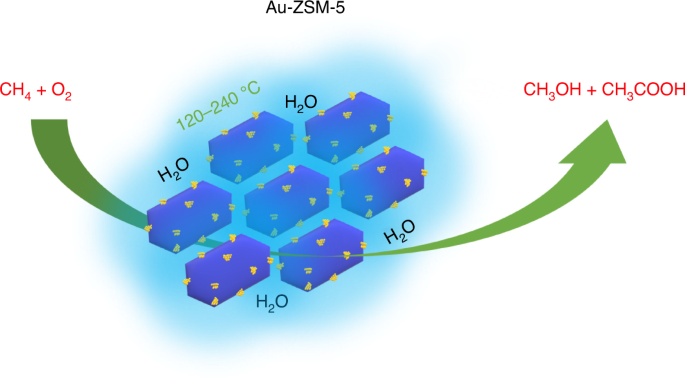2022-01-07 フィンランド・ヘルシンキ大学

・ ヘルシンキ大学とフィンランド技術研究センター(VTT)が、糸状菌のトリコデルマ・リーゼイ(Trichoderma reesei)を利用したオボアルブミン(卵白を構成する主要なタンパク質)の生産について、パイロット試験のデータに基づいたプロスペクティブ・ライフサイクルアセスメントの結果を報告。
・ 鶏卵の卵白プロテインパウダーは、高品質のタンパク質を含有することから食品産業で広く利用されている。2020 年の鶏卵タンパク質の消費量は約 160 万トンで、今後も需要の増加が見込まれている。
・ 養鶏による鶏卵の生産を含む卵白パウダー生産網の一部では温暖化ガスを大量に排出し、水資源の枯渇、生物多様性の損失や森林破壊の一因となっている。また、集約的な養鶏がヒト病原体の主だった保有宿主となることで、人獣共通感染を発生させている。
・ 食品産業は、動物ベースのタンパク質を代替する持続可能な物質の開発に大きな関心を寄せている。精密発酵とも呼ばれる細胞農業では、微生物による生産システムを通じて特定のタンパク質を生成し、畜産による動物性タンパク質の生産を代替する、バイオテクノロジーベースの解決方法を提供する。
・ 細胞農業では従来農業よりも電力を多く消費するため、環境への影響は使用するエネルギー源の種類に左右される。細胞農業によるオボアルブミン生成に必要なグルコース等の農業投入物量(プロテインパウダー1kg あたり)は著しく減少する。水資源利用による環境への影響は、オボアルブミン生成サイトの場所に大きく依存する。
・ 細胞農業によるオボアルブミンの生成では、養鶏に比べて土地利用量を約 90%、温暖化ガス排出量を 31~55%低減する。低炭素エネルギー源を採用した場合では、環境への影響を最大で 72%低減する可能性がある。本研究結果は、低炭素エネルギー源の利用によりタンパク質生産の持続可能性をさらに向上させる、細胞農業技術のポテンシャルを提示するもの。
URL: https://www.helsinki.fi/en/news/life-sciences/biotechnology-could-provide-environmentally-more-sustainable-alternative-egg-white-protein-production
<NEDO海外技術情報より>
(関連情報)
Nature Food 掲載論文(アブストラクトのみ:全文は有料)
Ovalbumin production using Trichoderma reesei culture and low-carbon energy could mitigate the
environmental impacts of chicken-egg-derived ovalbumin
URL: https://www.nature.com/articles/s43016-021-00418-2
Abstract
Ovalbumin (OVA) produced using the fungus Trichoderma reesei (Tr-OVA) could become a sustainable replacement for chicken egg white protein powder—a widely used ingredient in the food industry. Although the approach can generate OVA at pilot scale, the environmental impacts of industrial-scale production have not been explored. Here, we conducted an anticipatory life cycle assessment using data from a pilot study to compare the impacts of Tr-OVA production with an equivalent functional unit of dried chicken egg white protein produced in Finland, Germany and Poland. Tr-OVA production reduced most agriculture-associated impacts, such as global warming and land use. Increased impacts were mostly related to industrial inputs, such as electricity production, but were also associated with glucose consumption. Switching to low-carbon energy sources could further reduce environmental impact, demonstrating the potential benefits of cellular agriculture over livestock agriculture for OVA production.



